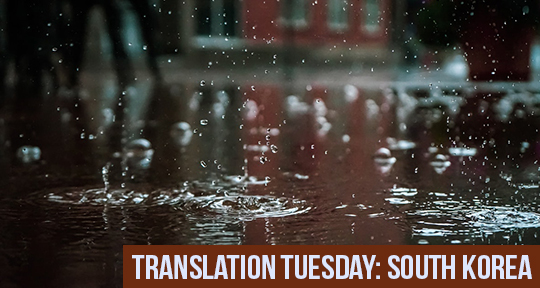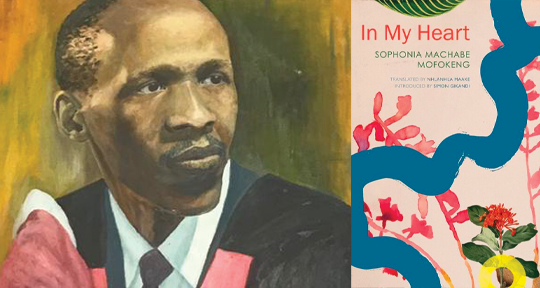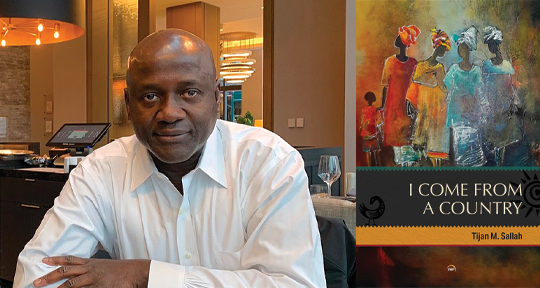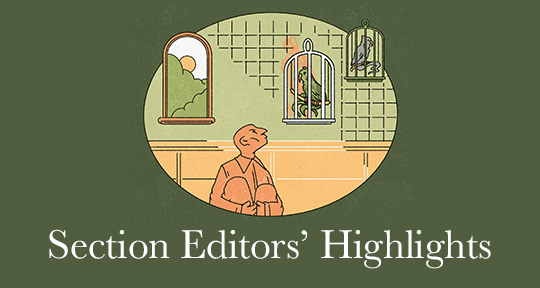This Translation Tuesday, we are thrilled to feature two poems by Park Joon, one of South Korea’s top-selling poets. Drawn from his debut poetry collection, 당신의 이름을 지어다가 며칠은 먹었다 (I Took Your Name as Medicine For Days), these poems project a remarkable feeling of love in their condensed lines. Hear from translator Youngseo Lee how she negotiated Park’s spare punctuation in her translation—allowing the reader to experience the quiet tumult of these poems and their expression of a quiet beauty.
“A particular difficulty that I faced while translating Park Joon’s gorgeous poems was in replicating the form without complicating the reading experience. In Korean, the ends of sentences are very easy to spot because they almost always end in “~다” or “~요”, especially in written text. This means that when Park uses little to no punctuation in his prose poems, it is not difficult to keep track of the beginnings and ends of each thought, and the reader can focus on the cascading between ideas and emotions without being distracted by the form. However, in the English, of course, phrases can easily be misread as part of a sentence that it does not belong in, or the transition from idea to idea can become confusing. Adding commas could be an easy solution for clarity, but Park uses punctuation very sparingly and intentionally, and I didn’t want to detract from the impact of the rare comma (or the lack thereof) by including too much of it. I took minor liberties in rearranging the order of information presented within each line for the sake of clarity, preserving the original as closely as possible, and focused on delivering the beautiful experience of reading Park’s work.”
—Youngseo Lee
Superstition
Bad luck plagued this year
Whenever I ate
I bit my tongue
I quit being a student,
met a lover who kept growing younger and younger,
played in the grass with our shoes off
People who have stretched their legs
and touched sole to sole
can’t watch over
each other’s deaths,
the young lover told me
I told my lover how
emptily scissoring
brings bad luck
and you have to write 王
on the backs of new furniture
My lover’s small hands
grew busier
searching for clovers READ MORE…






